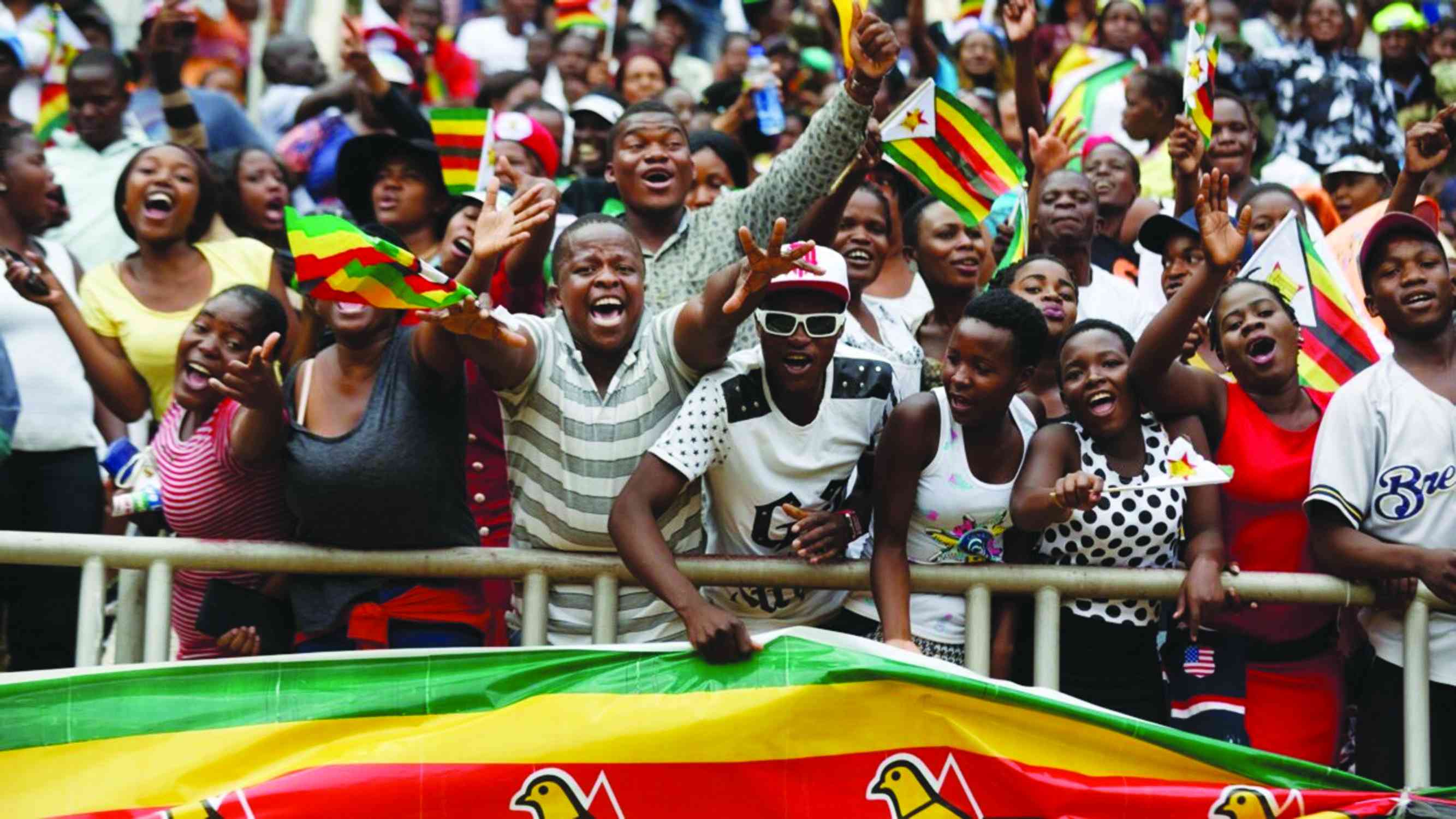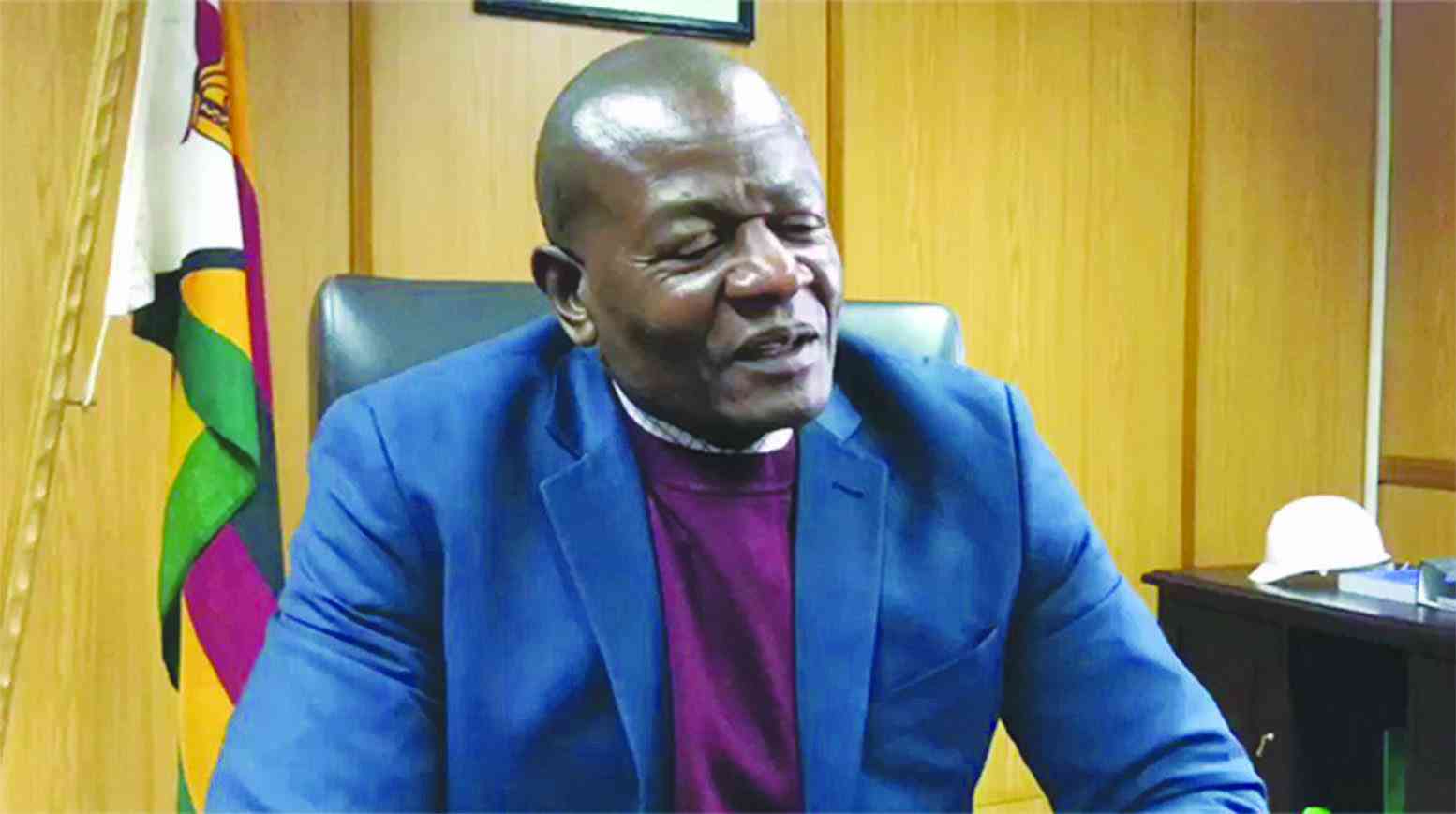
ON April 29, the world commemorated International Dance Day, a global celebration of dance, created by the Dance Committee of the International Theatre Institute (ITI). The ITI is a partner of Unesco, which works to promote education, science, and culture around the world.
On this day, the words of Jane Barry and Jelena Đorđević came to me; “What is the Point of Revolution if we Can't Dance?” In their book by the same title, the authors bring out the experiences of over 100 activists from around the world, sharing the pain and suffering of the struggle for justice. What rises out for me is the theme of wellness for those on the frontlines of fighting for peace and justice.
Human rights work is tough. As the late Alex Magaisa would say, you must learn to swim with crocodiles, navigating the murky waters of activism.
In authoritarian contexts, activists must put up with the full wrath of the state, that is armed with the entire infrastructure of violence, high tech surveillance and a media empire that stands ready to unleash hate speech and tear apart your integrity.
In 2022 alone, over 400 human rights defenders were killed across the world for defending human rights. In these struggles, families are not spared.
“By raising their voices for the voiceless, defenders become the enemy of the powerful — governments, armed and criminal groups, and private corporations,” write Sarah Rattray and Marion Volkmann-Brandau in protecting those who protect human rights.
And yet the worst of these atrocities are never told. These are struggles that human rights defenders fight in their domestic sphere.
I know activists who lost their families to the struggle. And when the struggle took a toll on them and decided to step back from the frontlines, their comrades in the struggle, those who should know better, turned against them and called them ‘traitors’. Many have lost their lives in circumstances that remain a mystery.
- ITI to revive theatre, holds writing Master Class
- ITI to revive theatre, holds writing Master Class
- Africa caught up in emissions mix, needs a breakthrough
- Civic leaders, wellness: Finding music in every revolution key
Keep Reading
Some of my friends who are not in activism have come to me to ask, ‘Where do you find the energy to go on?’ It is the grace of God, I always respond.
We all go through a lot, and we need to find the music in the revolution. That for me speaks of self-care. As we reflect on the International Dance Day, this is the theme that we are pursuing at ZimRights.
Inviting all of us who fight for human rights to find the music in the struggle and dance to it.
While we are using our platforms to raise awareness of the human rights issues that we are pursuing, we also want to speak to activists, inviting them to take some time to themselves and exercise self-care.
Dance if you must. Find the music that you love.
At ZimRights we always use music to advance human rights work.
We are currently promoting the People’s Human Rights Manifesto, a community dialogue tool that seeks to bring human rights at the centre of the electoral conversation.
To accompany it, we have produced a jingle Chitsidzo, composed, performed and produced by my predecessor Okay Machisa. Over the last two months, we chose to make dancing to Chitsidzo part of our office wellness routine under the able leadership of my colleague Gillian Chinzete.
It brought some energy and good vibe in the office. It became more than just a human rights campaign, but a wellness melody, through which we encourage ourselves to take care of each other even in the workplace.
Knowing that human rights work is a struggle must inspire us to lead this struggle with compassion, for ourselves and for each other.
In the essay collection “A Burst of Light”, Audre Lorde (1934–1992) equated self-care to a revolutionary act.
She wrote, in discussing her battle with cancer, “Caring for myself is not self-indulgence, it is self-preservation, and that is an act of political warfare”.
That is the truth.
Every day we rise to confront forces of death. And these forces are everywhere, including in ourselves. Self-care is imperative.
Finding the music is imperative. Otherwise, there is no point in fighting for freedom is we cannot dance to the music around us.
- Bere is a Zimbabwean human rights activist, currently serving as the head of the Secretariat at the Zimbabwe Human Rights Association. — [email protected]











